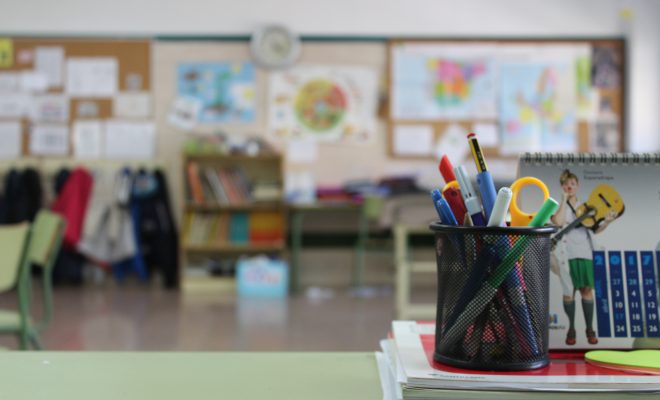What Debates Are Currently Being Had About Education Assessments?

In education, it’s agreed that assessment is a key part of any efficient educational system or program. Educator stakeholders all want to know if learners are learning and progressing academically in school. The debates—the most complex, wide-ranging, and often contentious—usually center on how assessments are used, including how often they are being administered and whether assessments are beneficial or harmful to learners and the teaching process.
While a discussion of these debates is beyond the scope of this article, the following is a representative selection of a few significant issues being debated:
Is high-stakes testing the right way to improve schools, teaching quality, and learner achievement? Or do the potential consequences—such as educators focusing mainly on test preparation and a narrow range of knowledge at the expense of other essential skills, or increased incentives to cheat and manipulate test results—undermine the benefits of utilizing test scores as a way to hold schools and educators more accountable and improve educational results?
Are standardized assessments truly objective measures of educational achievement? Do they reflect intrinsic biases that favor some learners over others, such as wealthier white learners from more-educated households over minority and low-income learners from less-educated households?
Are “standardized tests” a fair way to assess the learning achievement of all learners, given that some learners may be better test-takers than others? Or should learners be given various assessment options and several opportunities to show what they have learned?
Will more rigorous assessments lead to higher educational achievement for all learners? Or will they end up penalizing certain learners who come from disadvantaged backgrounds? Conversely, will less-advantaged learners be at an even greater disadvantage if they are not held to the same high educational standards as other learners?
And is the pervasive utilization of tests providing valuable information that educators can utilize to improve teaching quality and learner learning? Are the tests taking up time that might be better spent on teaching learners more knowledge and skills?
Are tech learning apps, including digital and online assessments, improving learning experiences for learners, teaching them tech skills and digital literacy, or making learning experiences more interesting and engaging? Or are digital learning apps adding to the cost of education, introducing unwanted distractions in schools, or undermining educators’ value and the teaching process?
Did we miss anything?






